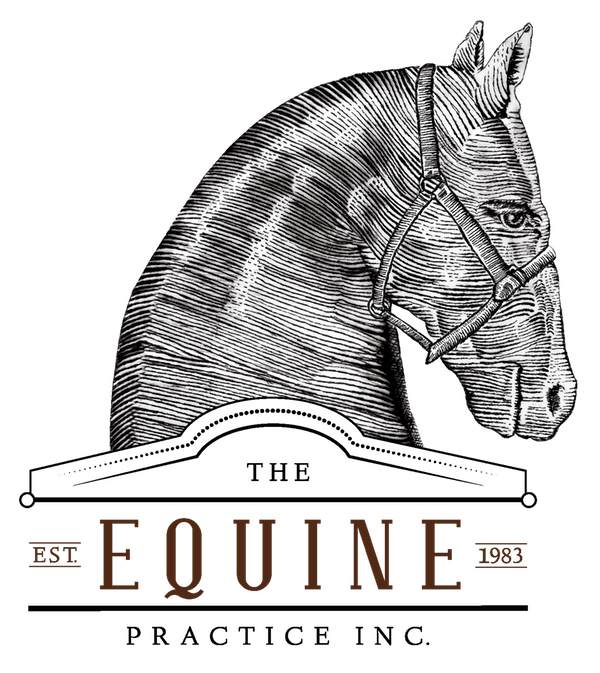These Are HORSE Teeth, Not HUMAN Teeth
Cavities do occur in horses, but they usually resolve by self-repair (but also with the removal of starch/grain) or a piece of tooth breaks off with no harm to the horse.
Some equine dentists “filling” horse cavities say that the horse will live, on average, five additional years because of the treatment (stated at the Ocala Equine Conference in 1999). This is just a play on your emotions based on your fear of cavities in your mouth.
Just as a reminder, these are HORSE teeth and not HUMAN teeth. They are entirely different. Since 1983, I have not had one horse owner come to me complaining about a cavity causing the horse not to eat or causing any other issue.
What is happening is the decay of one or more of the pulp chambers of a tooth, which will eventually cause a fracture of a part of that tooth. Think of a wedge splitting a log into firewood. The upper 9’s are the most commonly affected.
In 2013, at the AAEP meeting, it was mentioned that the dental acrylics used in repairing these decaying areas are ineffective. They usually fall out. Remember that horse teeth continually erupt with chewing and wear.
I have found that about 1 in every 40 horses (or more) I see has a tooth fracture, which causes no problem in the horse other than occasionally, the tooth fragment creates a painful rubbing ulcer in the cheek or tongue. The tooth fragment is easily removed, and the sharp edges are smoothed.
